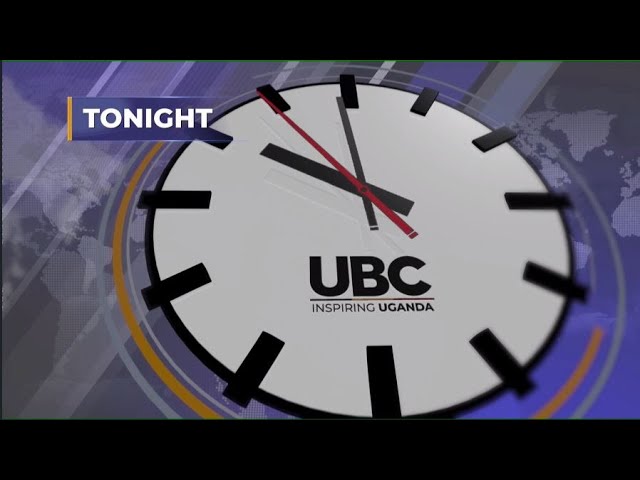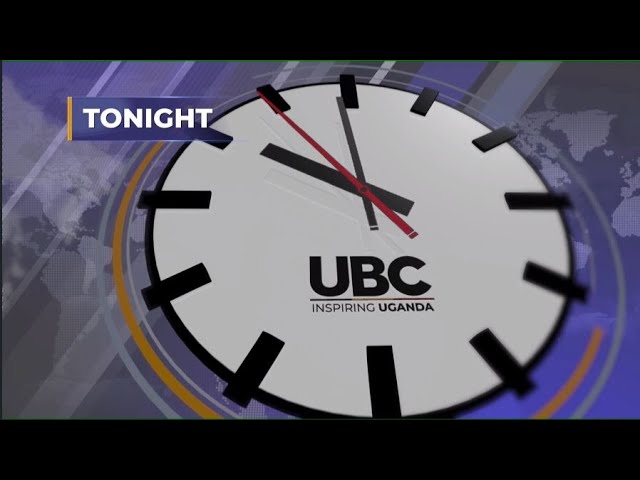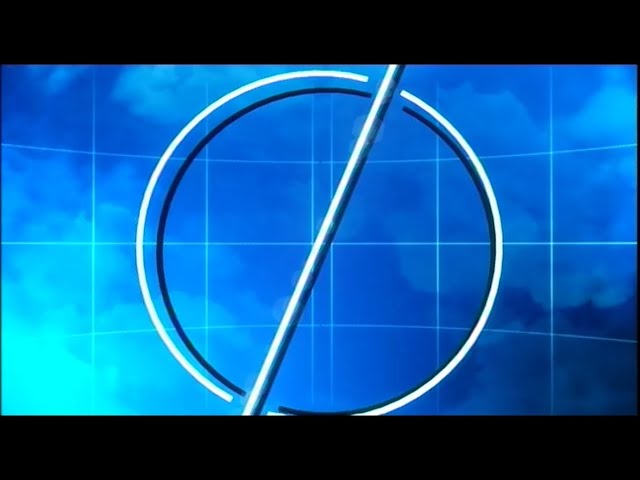Noticia - Qué cambia y qué se mantiene en 2024 del escudo social frente a la crisis
El nuevo, año, 2024, mantendrá las bases del llamado escudo social, pero con cambios que suponen una retirada paulatina de algunas bonificaciones. Una de las principales afectadas, anunciada por Sánchez, es la del IVA energético, que pasará del 5 al 10% desde este 1 de enero para la luz, un porcentaje que mantendrá así todo el año. El gas sólo lo tendrá al 10 hasta marzo. A partir de abril, volverá al 21% previo a la crisis. Otros impuestos energéticos indirectos que suben son el especial sobre la electricidad (IEE) y sobre el valor de la producción (IPVEE) que recuperarán en verano los porcentajes de hace dos años. La tarifa TUR sobre el gas seguirá topada aunque crecerá un 8% en los tres primeros meses. También se mantienen los bonos y descuentos para los más vulnerables, con prohibición, además, de corte de suministros básicos y desahucios. El tope del incremento del alquiler sí que cambia, del 2 al 3%, pero por debajo del IPC actual. En la cesta de la compra tampoco se toca, de momento, el IVA a los alimentos básicos. En transporte, se prorroga la gratuidad para viajeros frecuentes de Cercanías y media distancia y continúa el descuento del 50% para el transporte urbano. A la espera de la actualización del salario mínimo interprofesional (SMI), lo que sí que aumenta, pero a partir de junio, es el subsidio de desempleo, de 480 mensuales a 570 euros. Las pensiones suben lo mismo que el IPC, 3,8%, con porcentajes adicionales de incremento para las mínimas, entre el 5 y el 14% para las no contributivas. Los impuestos a la banca y las grandes fortunas se mantienen. Para los autónomos pasa del 10 al 5% la reducción extraordinaria sobre la que podían acogerse hasta ahora. English: The new year, 2024, will maintain the bases of the so-called social shield, but with changes that involve a gradual withdrawal of some bonuses. One of the main affected, announced by Sánchez, is the energy VAT, which will go from 5 to 10% from January 1 for electricity, a percentage that will remain that way throughout the year. Gas will only be available at 10 until March. Starting in April, it will return to the 21% before the crisis. Other indirect energy taxes that increase are the special tax on electricity (IEE) and on the value of production (IPVEE), which will recover the percentages from two years ago in the summer. The TUR rate on gas will remain capped although it will grow by 8% in the first three months. Bonuses and discounts for the most vulnerable are also maintained, with a prohibition on cutting off basic supplies and evictions. The rent increase ceiling does change, from 2 to 3%, but below the current CPI. The VAT on basic foodstuffs is not included in the shopping cart at the moment. In transport, the free commuter commuter and medium-distance travel is extended and the 50% discount for urban transport continues. While waiting for the update of the interprofessional minimum wage (SMI), what does increase, but as of June, is the unemployment benefit, from 480 per month to 570 euros. Pensions rise the same as the CPI, 3.8%, with additional percentage increases for minimum pensions, between 5 and 14% for non-contributory pensions. Taxes on banks and large fortunes remain. For the self-employed, the extraordinary reduction that they could benefit from until now increases from 10 to 5%. Málaga 24 horas noticias live TV en vivo televisión española gratis Noticias en directo de el Mundo, última hora, España, Andalucía, y Málaga. Emisión Online gratis Directo de Málaga 24 Horas noticias. Tu canal de noticias en TDT e internet y operadores de fibra optica. Live information of Malaga, Andalucia, Spain and the world. Your news channel on DVB, internet and optic fiber operators. Live streaming www.malaga24h.com




















